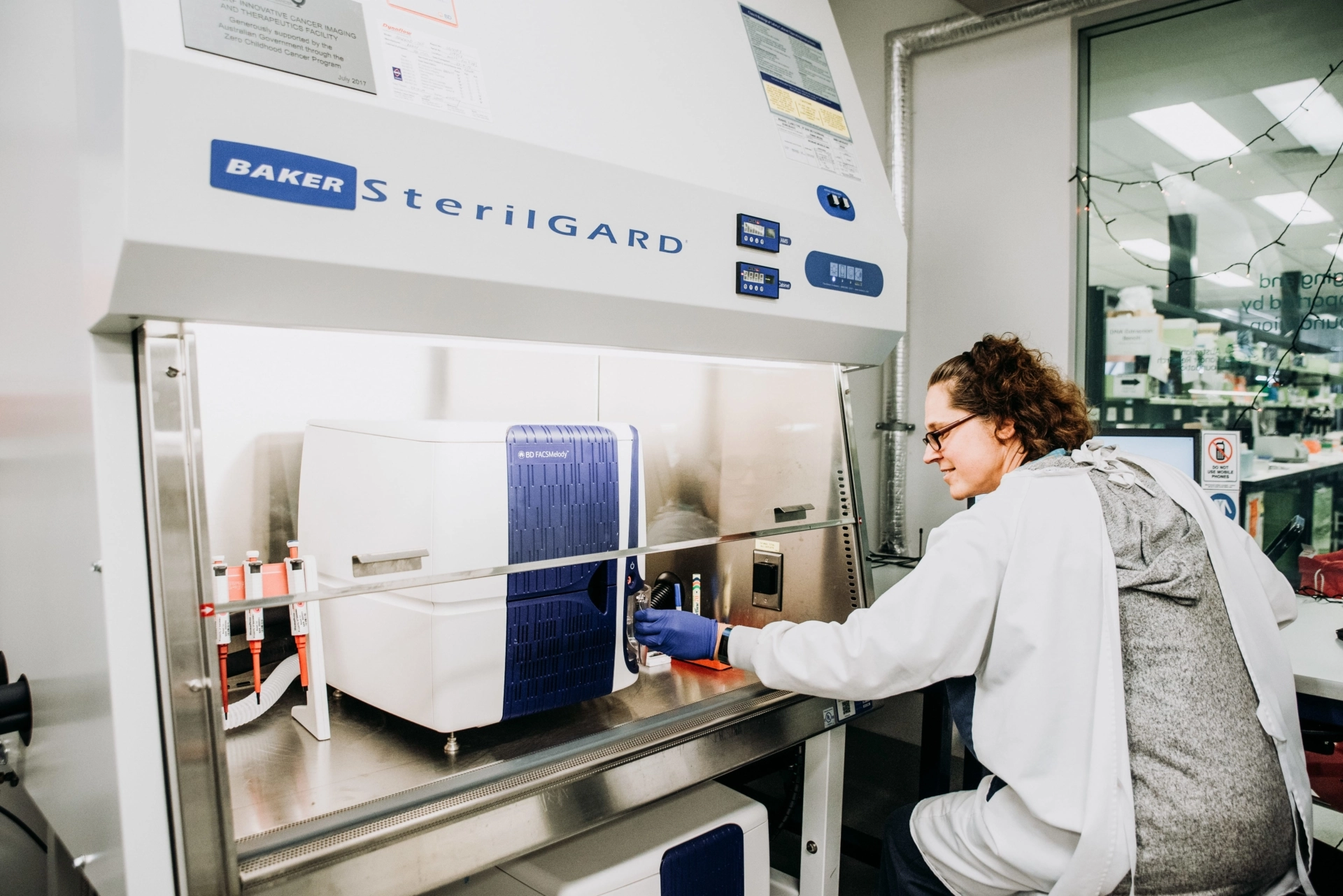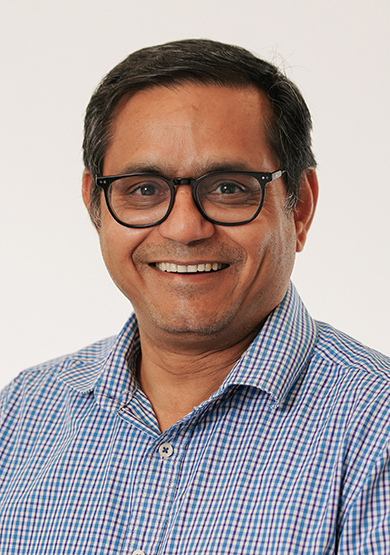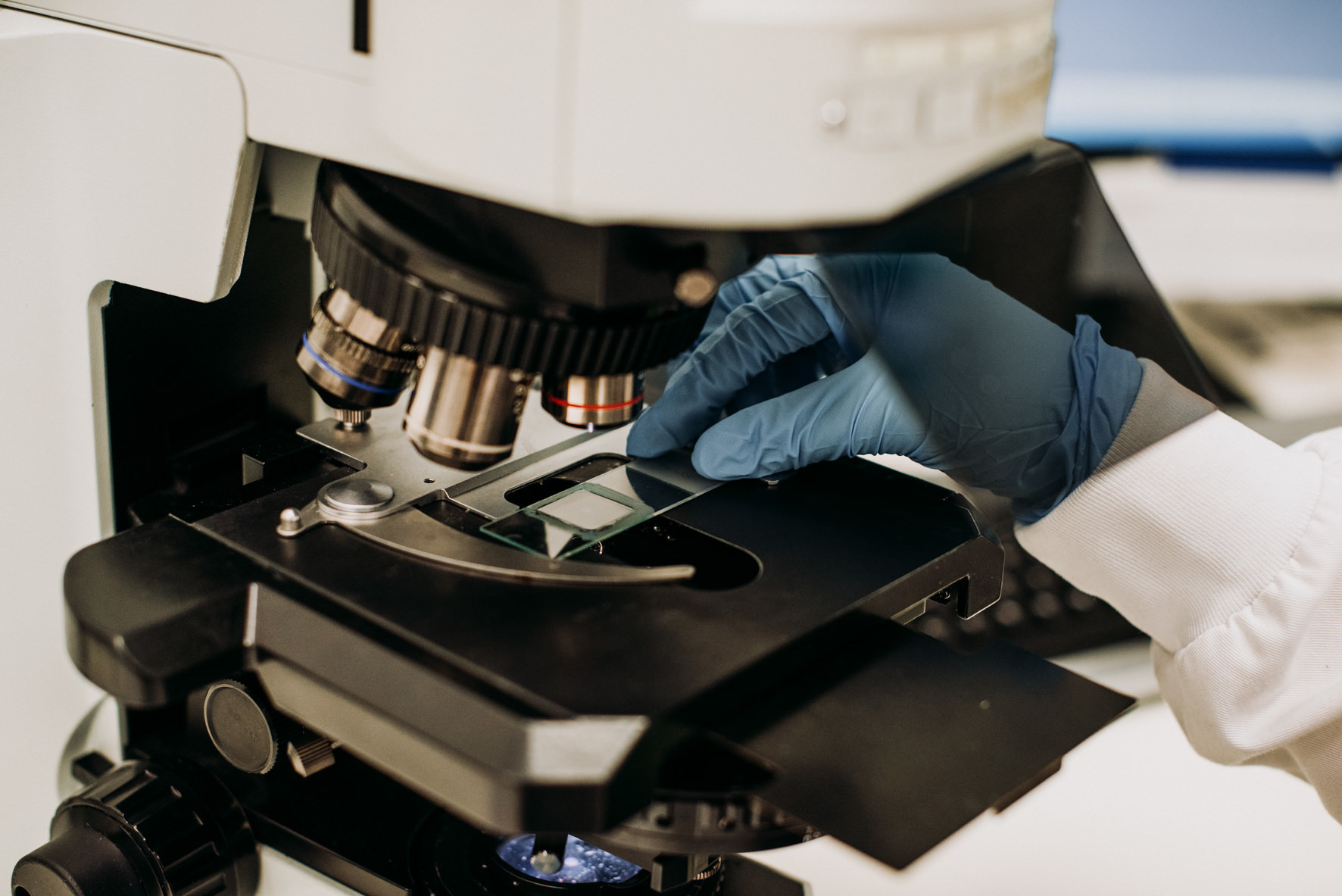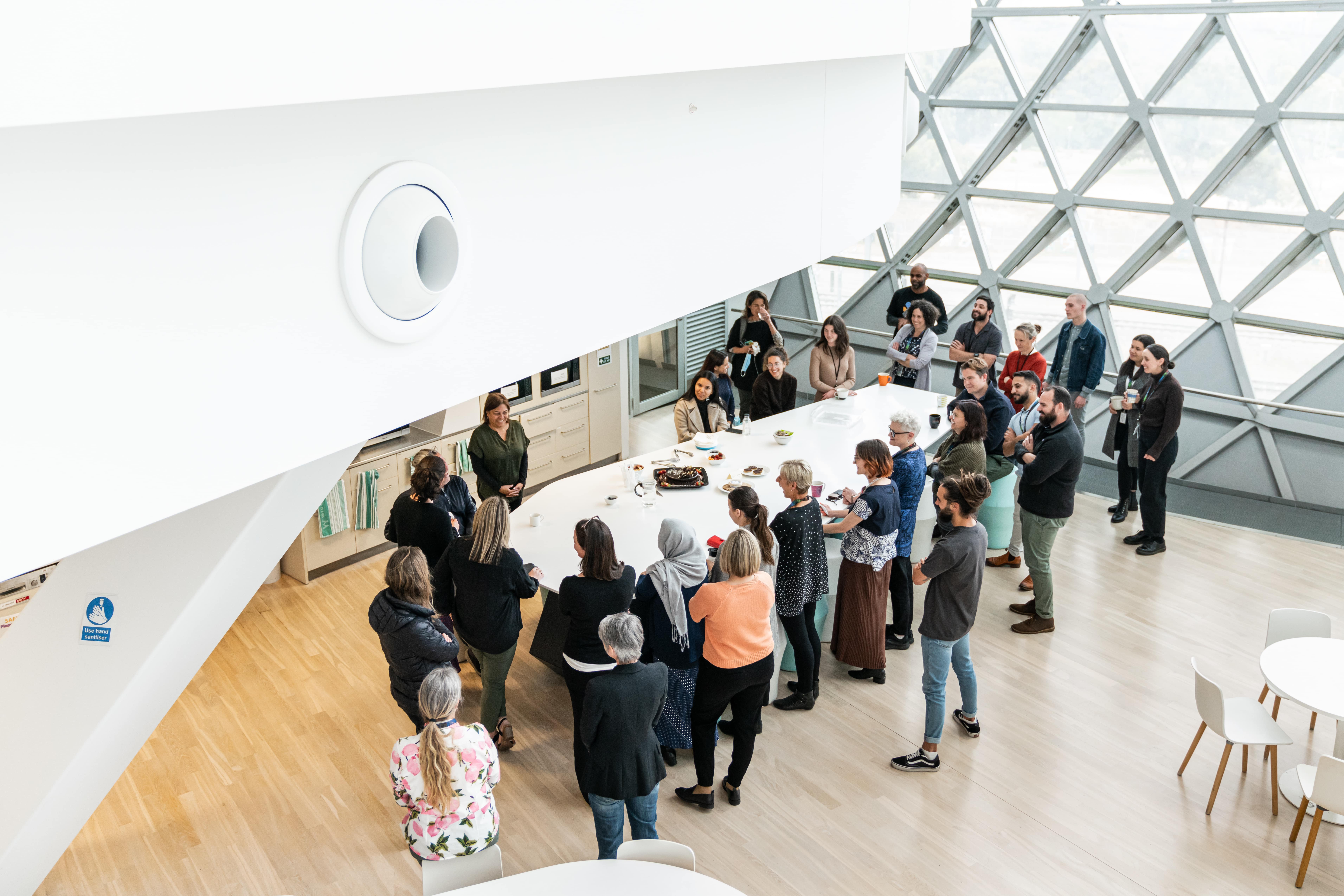This group focuses on three categories of myeloid malignancies - Myelodysplastic Syndromes (MDS), Therapy related myeloid neoplasms (t-MN) and Acute Myeloid Leukemia (AML).
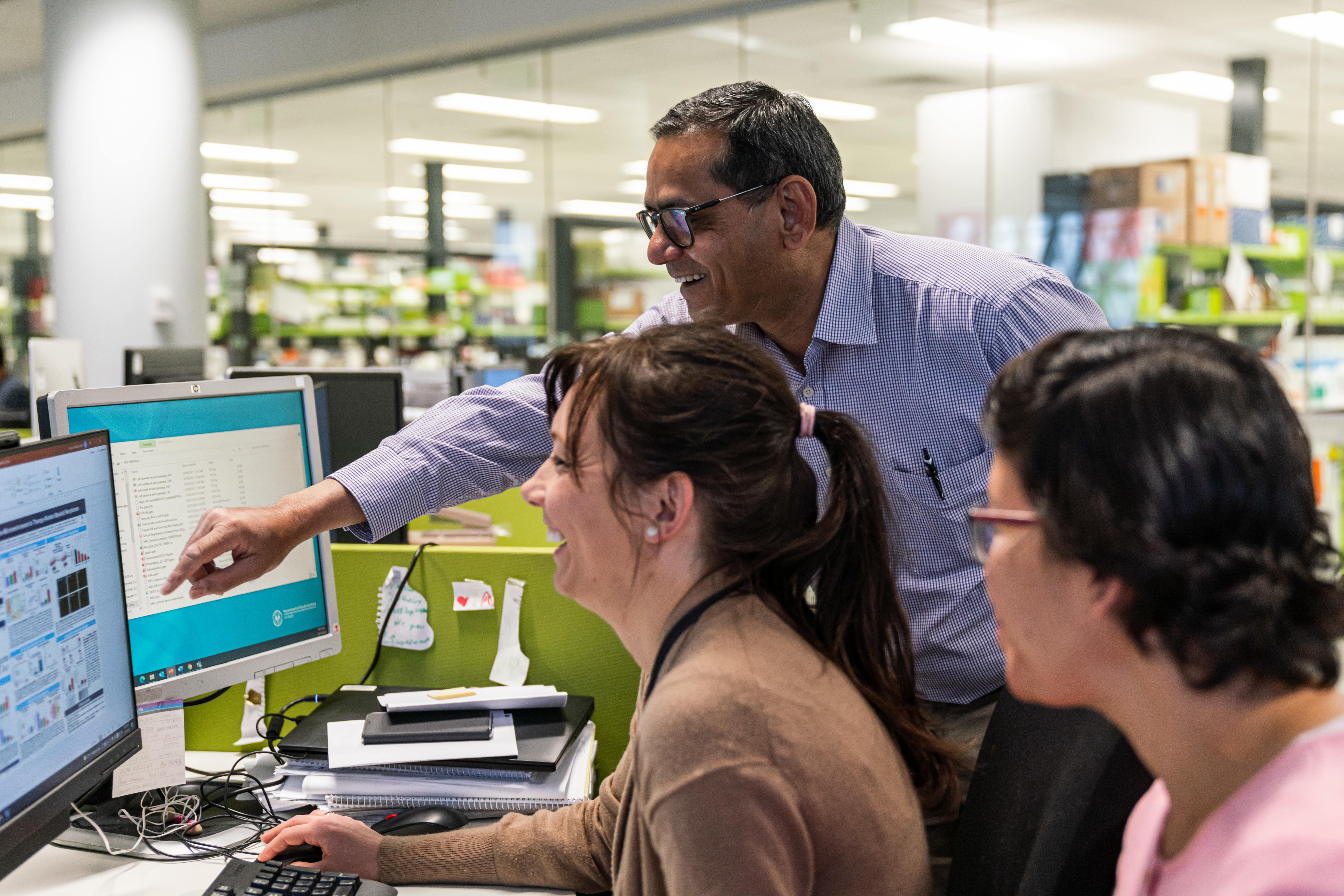
MDS are a group of clonal hematopoietic stem cell diseases that are characterised by ineffective blood cell production in the bone marrow and an increased risk of progression to AML. MDS can affect younger patients but are primarily a condition of the elderly. The average age of someone with MDS is around 70. The burden of MDS on society increases as the population ages.
AML is characterised by a clonal proliferation of myeloid precursors with reduced capacity to differentiate into more mature cellular elements. The response to treatment and overall survival of patients with AML is heterogeneous. The median age of AML patients is over 65 years. Older patients have poorer prognoses compared to younger, most probably because of a combination of poor risk disease features and patient related factors.
For majority of MDS/AML patients, the exact cause of the disease is not known but could be driven by age-related acquired genetic changes. However, 15-20% of MDS/AML patients have had exposure to chemotherapy or radiotherapy for prior independent cancer or immune diseases. This subgroup of MDS/AML is defined as therapy-related myeloid neoplasms, which is associated with extremely poor outcomes, with five-year survival being less than 10%. With the ageing population and increasing cancer survivors the incidence of t-MN is increasing.
This group’s mission is to improve patient outcomes by using fundamental principles of clinical research - clinic to laboratory to clinic. A/Prof. Hiwase, the medical lead of the group, is a clinician scientist who’s actively involved in managing MDS and AML patients. Close interaction with patients, their families and other health workers allows him to track patient journeys and identify critical gaps in management. Important pillars of the group’s research program are the South Australian MDS/AML registry, a well curated tissue bank of patient samples, translational research and a well-established multidisciplinary team, with strong national and international collaborations.
Current research efforts are focused on:
- Preventing development of t-MN, a lethal complication of cytotoxic therapies in otherwise long-term cancer survivors
- Improving outcomes for patients with t-MN and other myeloid neoplasm
- Understanding genetic predisposition to myeloid neoplasms and other bone marrow failure syndrome
- Understanding role of the bone marrow microenvironment in pathogenesis myeloid neoplasm and developing therapies to tackle it
- Understanding the role of clonal haematopoiesis in myeloid neoplasm including t-MN
- Early diagnosis of MDS and other myeloid neoplasms
- Evaluating mechanisms of drug resistance and developing novel therapeutics
- Optimising transfusion practices
- Incorporating patient and disease-related factors in treatment decisions
- Exploring the impact of frailty on patients with MDS
- Developing strategies to minimise complications of cytopenia such as infections
